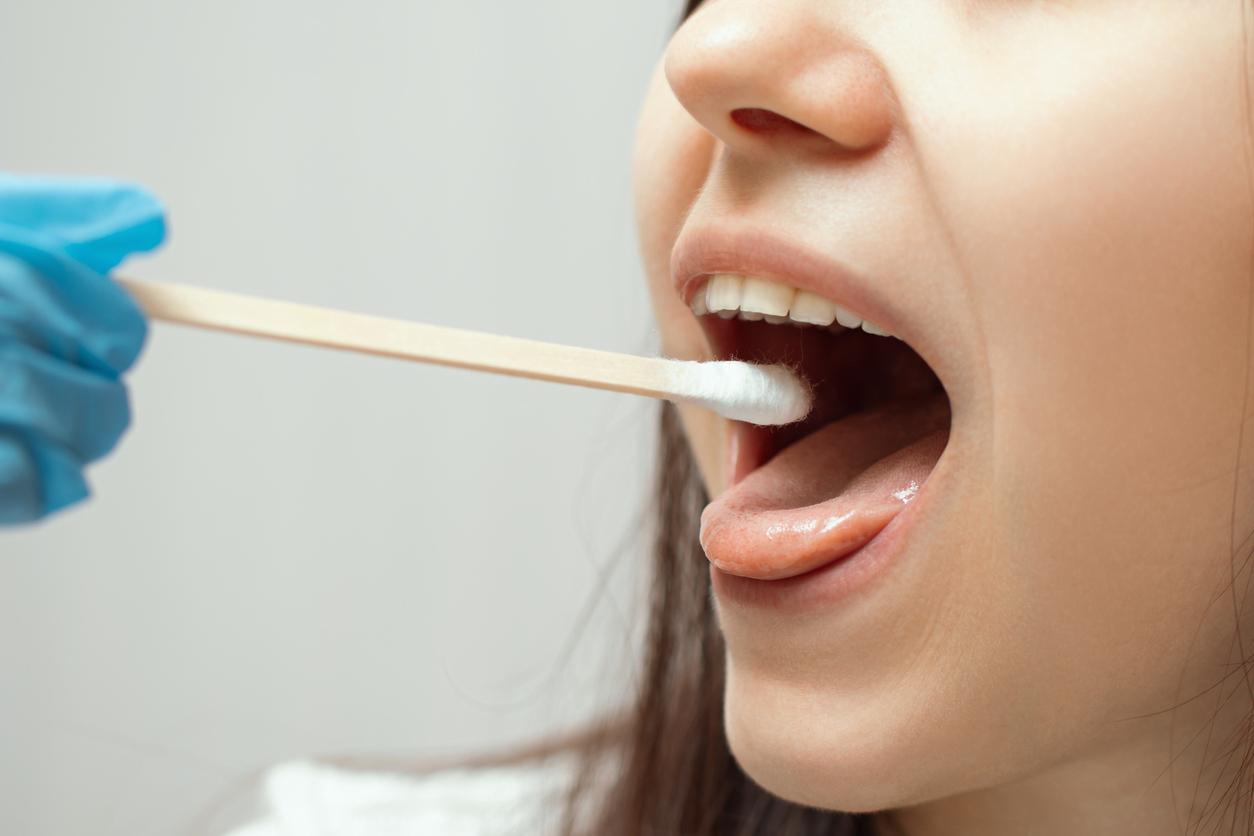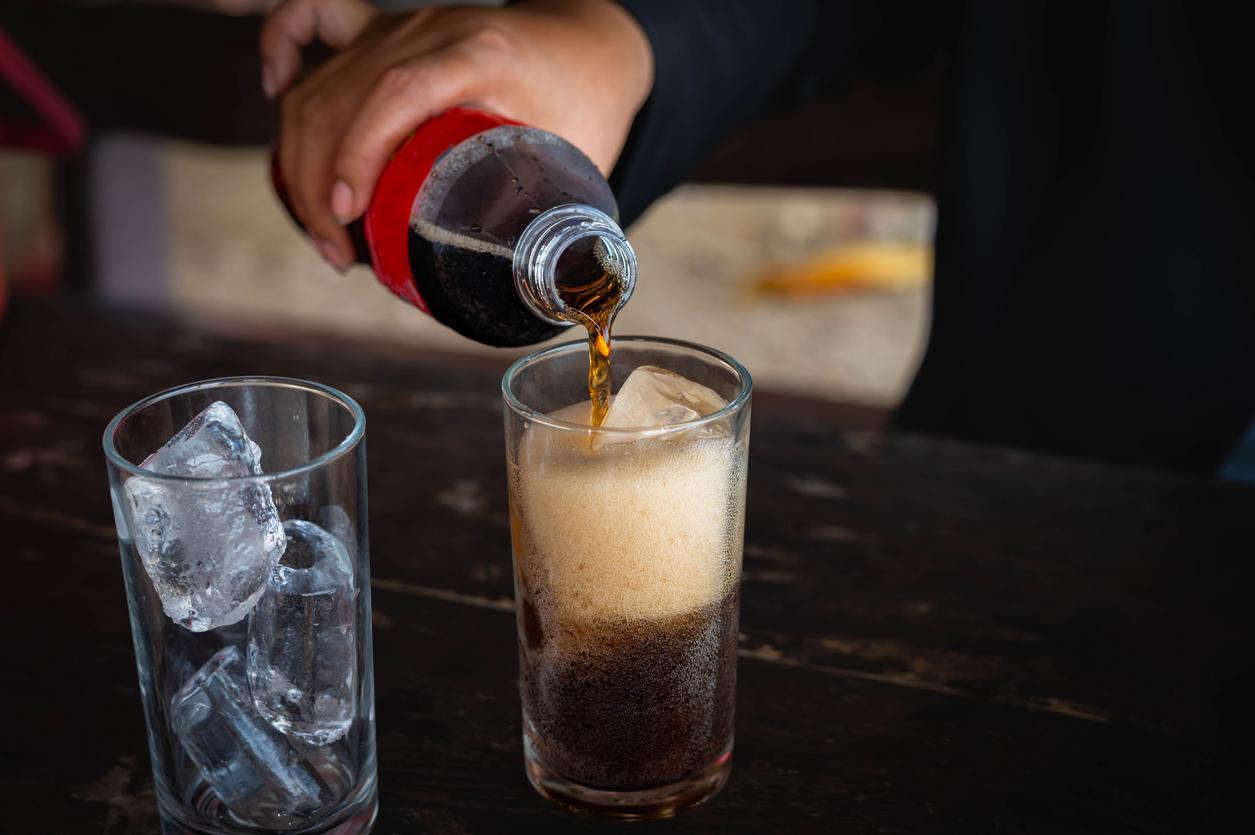Sugary soft drinks (sodas) are associated with increased mortality, according to a new study. Doctors must absolutely research this consumption and do everything to reduce it… with the help of the public authorities.

It has long been known that consuming drinks with a high sugar content, primarily sodas, is associated with an increased risk of obesity, diabetes and cardiovascular disease. But this is the first time that consumption of high-sugar sodas has been shown to pose an increased risk of all-cause mortality and death from coronary heart disease.
This is what emerges from a study carried out on 30,183 adults over 45 years of the American REGARDS cohort (Reasons for Geographic and Racial Differences in Stroke). The results were presented by Lindsay Collin (P235) at the American Heart Association’s Epidemiology and Prevention conference
A cohort of Americans of all races
The study excluded all people with a history of stroke, cardiovascular disease, and type 2 diabetes, leaving a population of 17,930 people.
Their consumption of added sugar, in grams, was calculated from food and drink separately using self-administered questionnaires from the Block 98 food frequency questionnaires.
By dividing the participants into 4 groups (“quartiles”), from the weakest consumers of sugary drinks to the strongest consumers, including soft drinks, fruits and fruit drinks, the authors found that the risk of coronary heart disease is significantly higher in the quartile with the highest soda consumption: risk ratio (HR: 2.0; 95% CI 1.12 – 3.54) than in the lowest category of the consumption. The risk of death from all causes is also higher in the upper quartile (HR: 1.2; 95% CI 0.99 – 1.52).
Net influence of income and weight
The risk of cardiovascular disease and all-cause mortality remains highest even after controlling for disruptive factors such as age, body mass index, sex, income, region, smoking, alcohol consumption and physical activity.
No significant difference was observed in terms of gender or race. But, the increase in mortality is significantly higher among low-income people compared to high-income people when it comes to all-cause mortality.
People who were overweight (body mass index 25.0 – 29.9) also have all-cause mortality associated with higher consumption of sugary drinks.
A real “shot” of sugar
Various hypotheses may explain the increase in mortality rates with the consumption of sugary drinks compared to sugary foods. Taking sugar with a drink makes it very quickly pass into the bloodstream, which is why the body reacts by over-storing it. Digestion of sugary foods occurs more slowly than that of sugary drinks due to the presence of other components such as fiber, fat, and protein. When sugary drinks are consumed, people eat so much food and end up over-consuming sugar and calories.
The tax on sodas helps reduce consumption
Doctors must act on this consumption of sodas to reduce it, but the public authorities must help them and that is the whole issue of taxes on soda. Soda taxes are growing across the world. In France, the tax rate is 7.53 euros per hectolitre. The version voted in 2013 was revised last October: today drinks are taxed as soon as they contain one gram of sugar per 100 ml, against 5 grams previously.
UK, a tax was also put in place at the beginning of April. The goal is always the same: to reduce the consumption of sugary drinks, and therefore fight against obesity. In the United States, this type of tax was launched in January 2017 in the city of Philadelphia. Researchers at Drexel University studied the effectiveness of this tax in a study published in American Journal of Preventive Medicine. Daily soda consumption has decreased by 40%.
Doctors should therefore research the consumption of sodas along with other cardiovascular risk factors such as cholesterol, smoking and high blood pressure.
Lindsay Collin et al. Sugar-Sweetened Beverage and Food Intake and Mortality Risk Among US Adults AHA EPI / Lifestyle 2018, Abstract P235
.

















